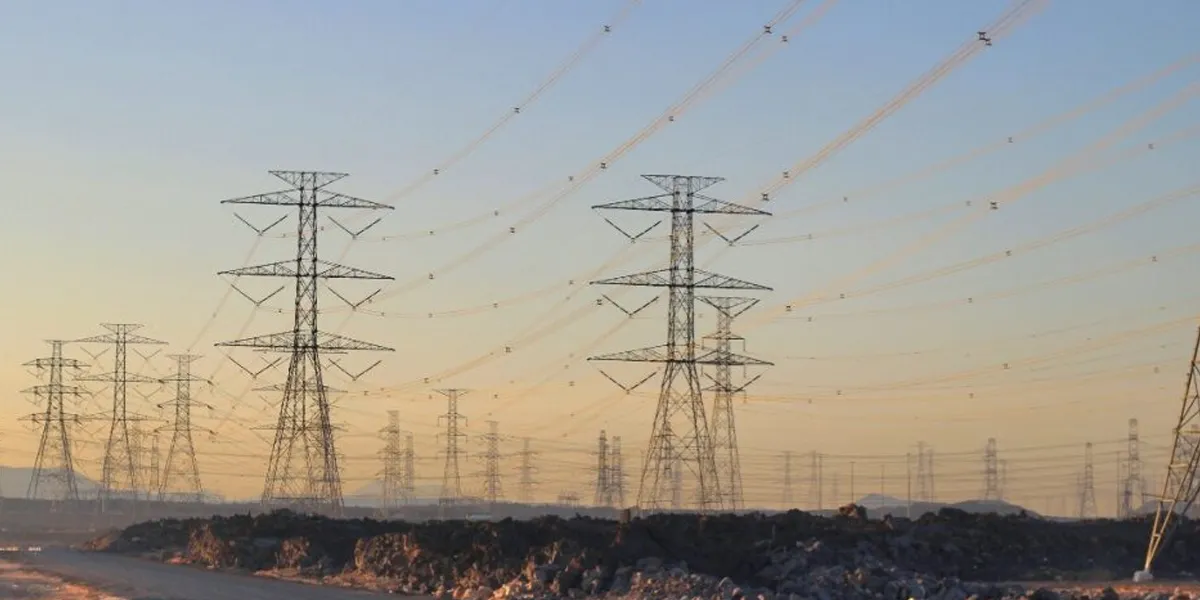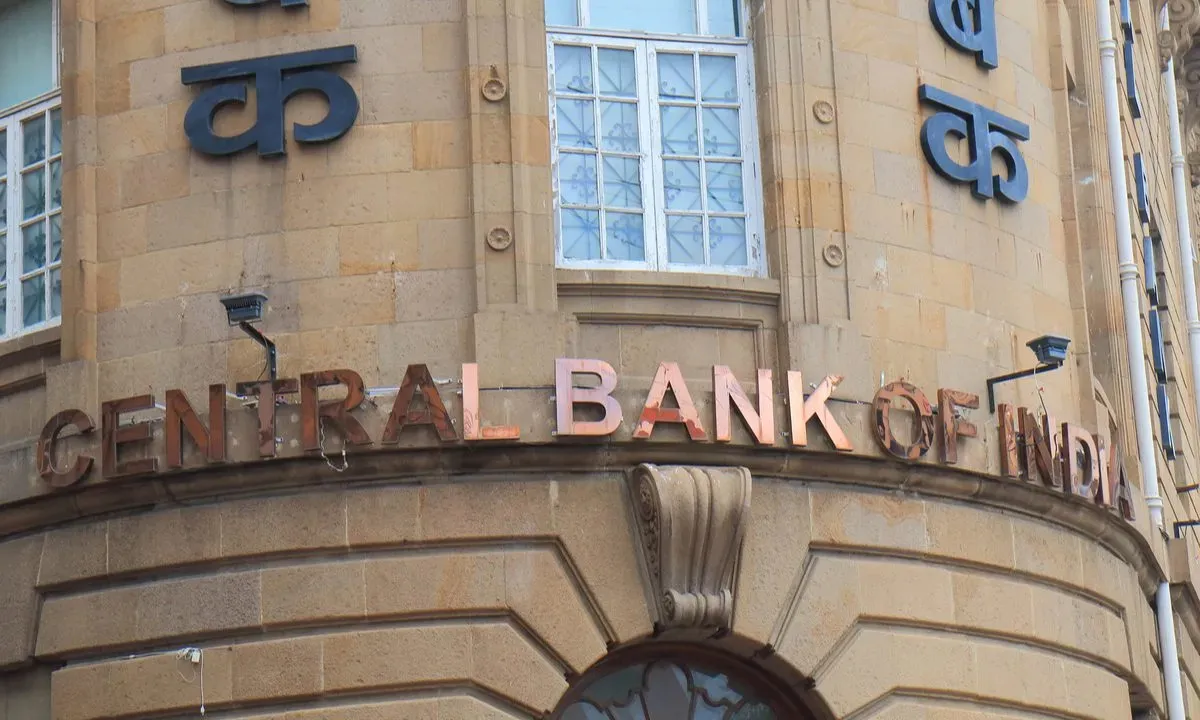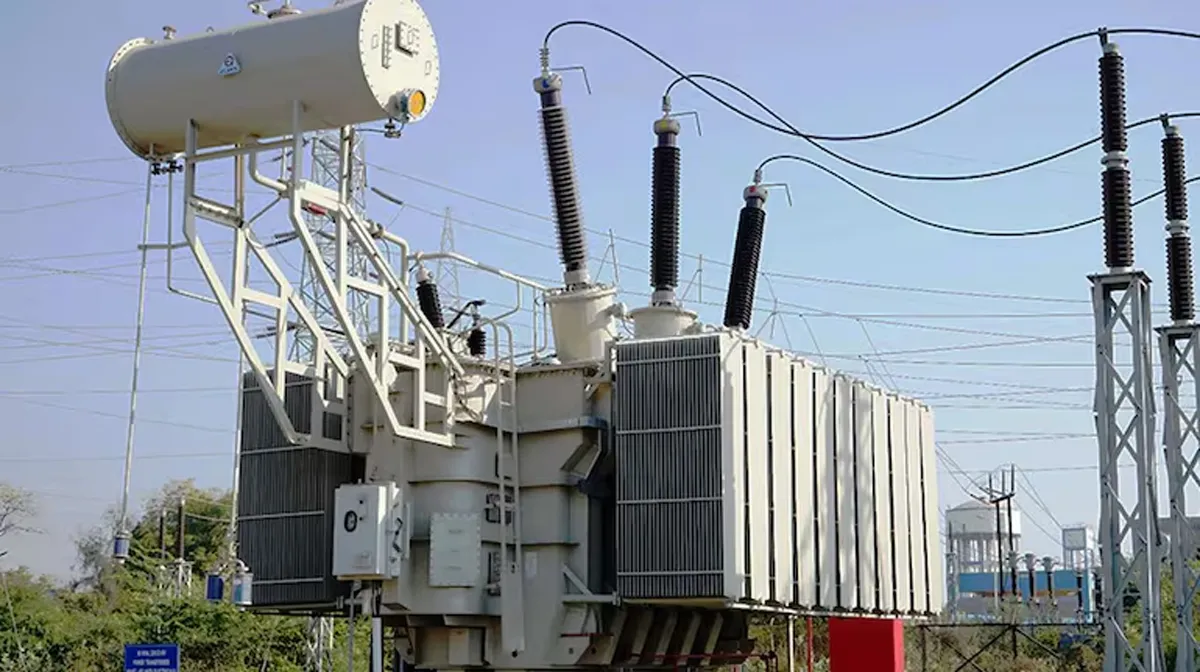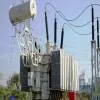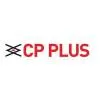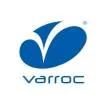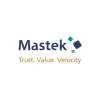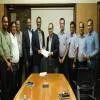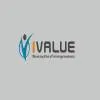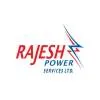We are in the midst of a knowledge economy. And the key value is being produced not by the physical assets we possess, but by our people and the application of their intellect, remarks Rudolph D’Souza, Chief Knowledge Officer, Afcons Infrastructure, as he shares more on the company’s Most Innovative Knowledge Enterprise (MIKE) Award 2018 and more, with SERAPHINA D’SOUZA.
How does it feel being the only infrastructure company in India to have won the coveted MIKE award three years in succession?
The MIKE Award 2018 (after two consecutive MAKE Awards in 2016 and 2017) is an indication that Afcons is on track to achieve its vision to be a knowledge enterprise. It is a recognition of the calibre of all Afconians. In an industry notorious for cost and time overruns, Afcons has an avowed intent to execute projects before time, within budget, and with highest customer satisfaction. This is where knowledge sharing from one project to another, from one activity to another, can help reduce time cycles, increase productivity and avoid reinventing the wheel. The MIKE Award, in many ways, recognises that we have made significant progress in this regard.
What puts Afcons on top of the knowledge management space?
One reason is that the management of Afcons has a clearly articulated mission to become a ‘knowledge enterprise’, which is unique in the infrastructure sector. We are evolving from ‘excellence in execution’ to a ‘knowledge enterprise’. The Knowledge Services Group (KSG) is tasked with the responsibility for identifying, codifying, sharing and leveraging the vital knowledge capital produced.
What are the initiatives, processes, strategies and systems that help sustain knowledge management?
Extreme engineering and construction is a way of life at Afcons. We strive to achieve projects before time, within budget, and with highest customer satisfaction.
Before the commencement of a major activity, learnings from previous projects are shared, methods are discussed and debated, and everyone is brought on the same page. During an activity, learnings are captured on an ongoing basis. They are uploaded on the knowledge management portal. After a major activity or project, learnings are captured and uploaded on the portal for the next project to learn from. This is a robust and proven knowledge management model that has now become part of the standard processes in Afcons.
Our approach is multidimensional. Our people participate in industry events and forums. We connect with the best available experts and academic institutions globally. We leverage the knowledge of our vendors and suppliers. We send our people for in-depth training. Our JV partners are an important source for knowledge transfer. And we are open to recruiting experienced talent for niche areas or where we intend to grow quickly. Knowledge management processes are built around the ‘learn before, learn during and learn after’ model.
What is the company’s focus on technology to enhance knowledge sharing and creation in the infrastructure space?
People are at the heart of all we do. We, however, acknowledge the significant role that appropriate technology plays in the success of an organisation like ours.
We use SAP for business processes, DMS for document management and a customised knowledge portal called GNOSIS for knowledge management. GNOSIS implies experienced knowledge. The ‘learn before, learn during and learn after’ model is built around the GNOSIS portal. We have stored knowledge on the portal domain-wise.
There is interactivity wherein a user can ask a question to an ‘expert’ and receive a direct response, which can then become standard knowledge for others. Importantly, the portal has been developed in house. Globally, there is no other infrastructure company that has developed its knowledge management portal through an in-house team. We are in the process of incorporating emerging technologies into the next version of the portal like auto suggestion, analytics and AI. We are also looking at augmented reality to enhance user learning experience.
What about efforts undertaken that typically focus on organisational objectives?
Knowledge management can be a ‘nice-to-have’ function or it can be a ‘strategic’ function that aligns with business goals. At Afcons, the KSG is the integration of the Knowledge Management Team and the Technical Training Team. The overall objective of KSG is to build organisation capacity, develop people capability and enhance knowledge capital.
- Organisation capacity: KSG ensures that learnings from an activity or project are transferred to a project executing a similar activity. We have well-defined knowledge processes for this. The ultimate goal is to execute a project before time, within budget, and with highest customer satisfaction.
- People capability: Weekly classrooms at site where learnings are downloaded and peopled are trained, coupled with access to in-house developed ‘e-learning’ modules, ensure that capability building is fast-tracked and highly visible.
- Knowledge capital: The GNOSIS portal is one of the finest collections of domain knowledge in this sector. It contains not just documents but actual lessons learnt, podcasts of experts, animations, success stories, infographics (example of tacit to explicit knowledge) and literally anything an engineer requires.
KSG believes that only by aligning with business goals can the function continue to be of ‘strategic’ importance.
